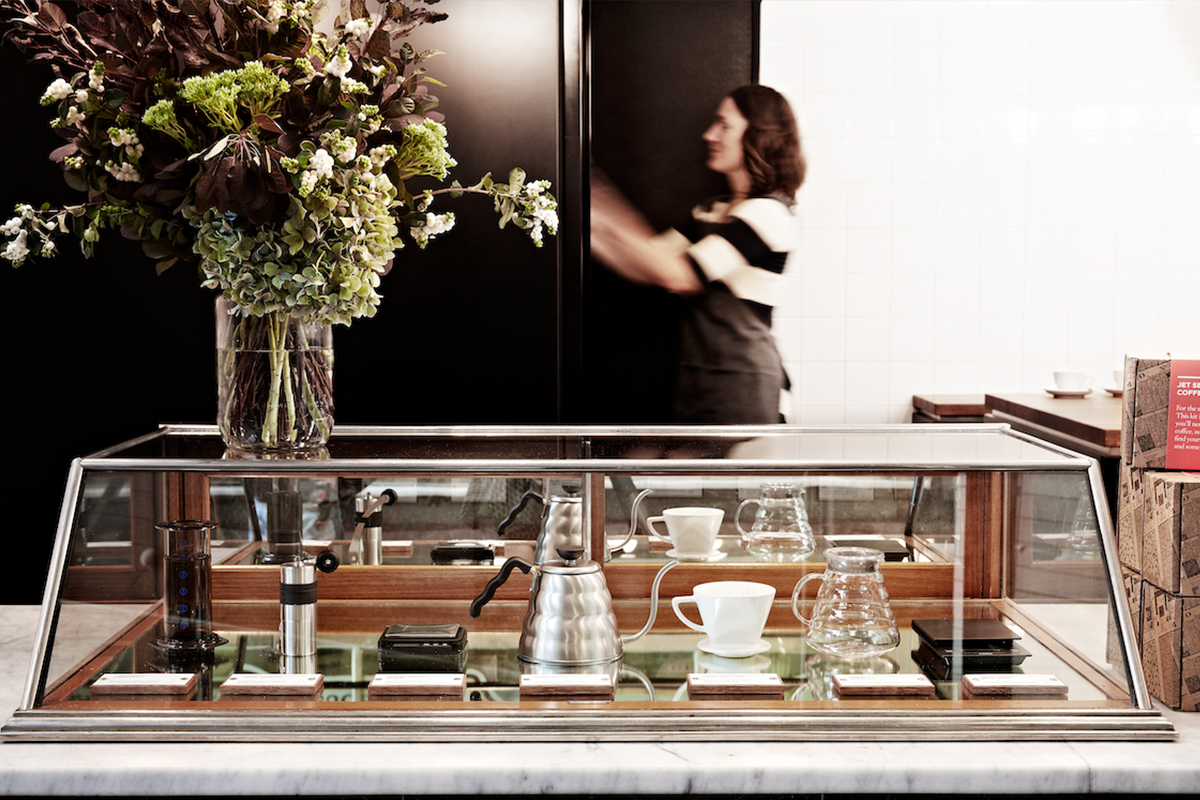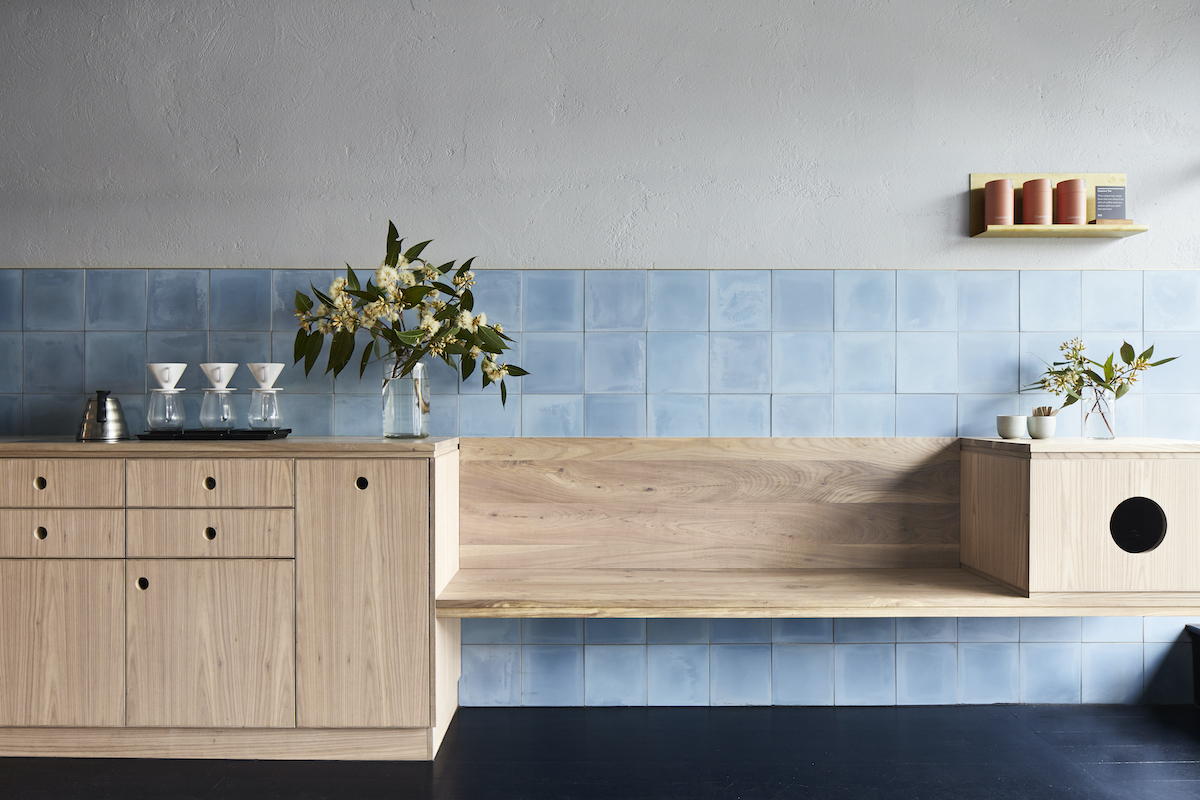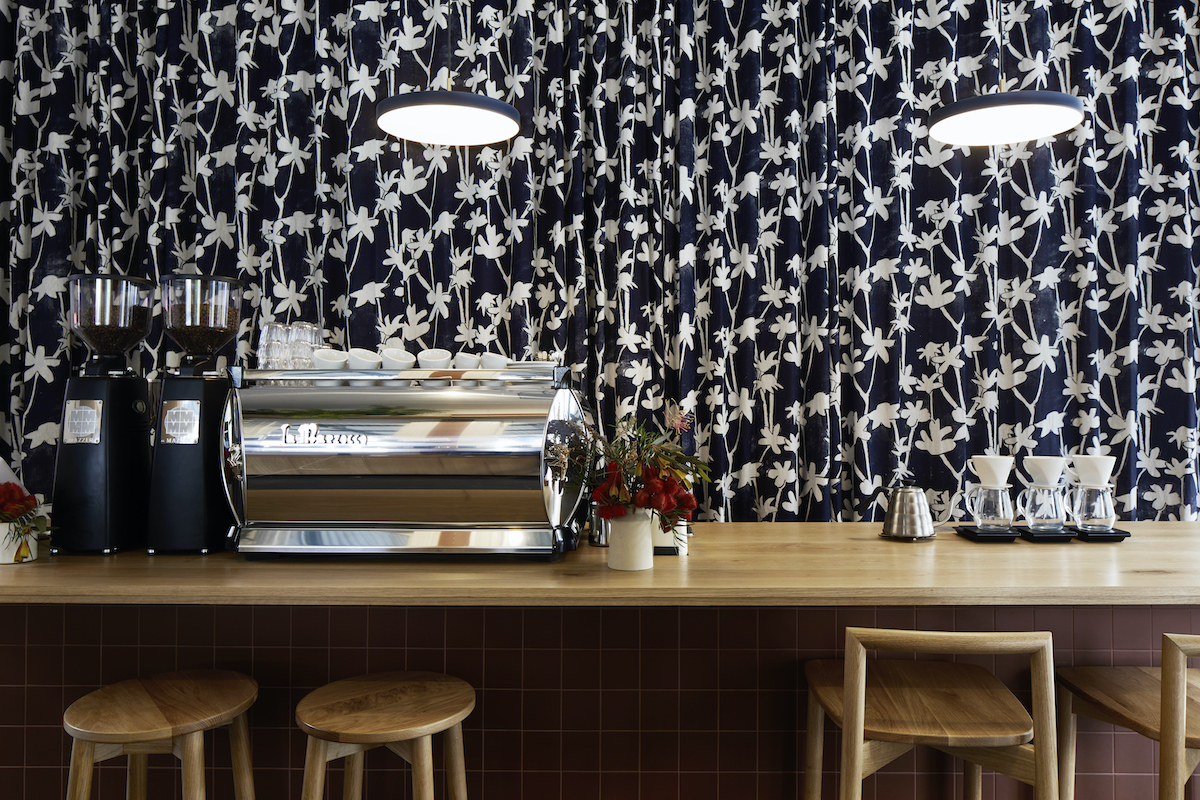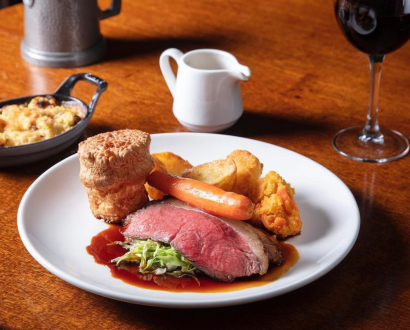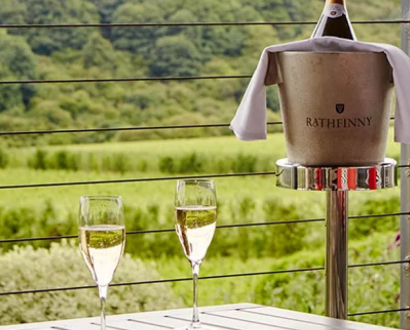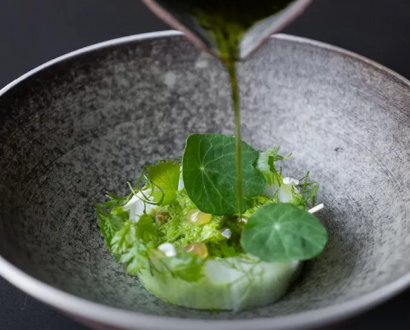Market Lane Coffee has become an institution in Melbourne’s famed specialty coffee sector.
Eleven years on and the business has expanded to seven locations and partnerships with several cafes, and has continued to strengthen its sister company – Melbourne Coffee Merchants (MCM), a specialty-grade green coffee importer.
Fleur Studd – often referred to as the most influential woman in Australia’s coffee scene – founded Melbourne Coffee Merchants with her father, Will Studd. One year after, Fleur co-founded Market Lane Coffee – a roaster and retailer – with coffee professional Jason Scheltus.
From its inception, the values and mission behind Market Lane Coffee were clear and succinct: make sustainable coffee. “That is the key part of our success,” Fleur acknowledges.
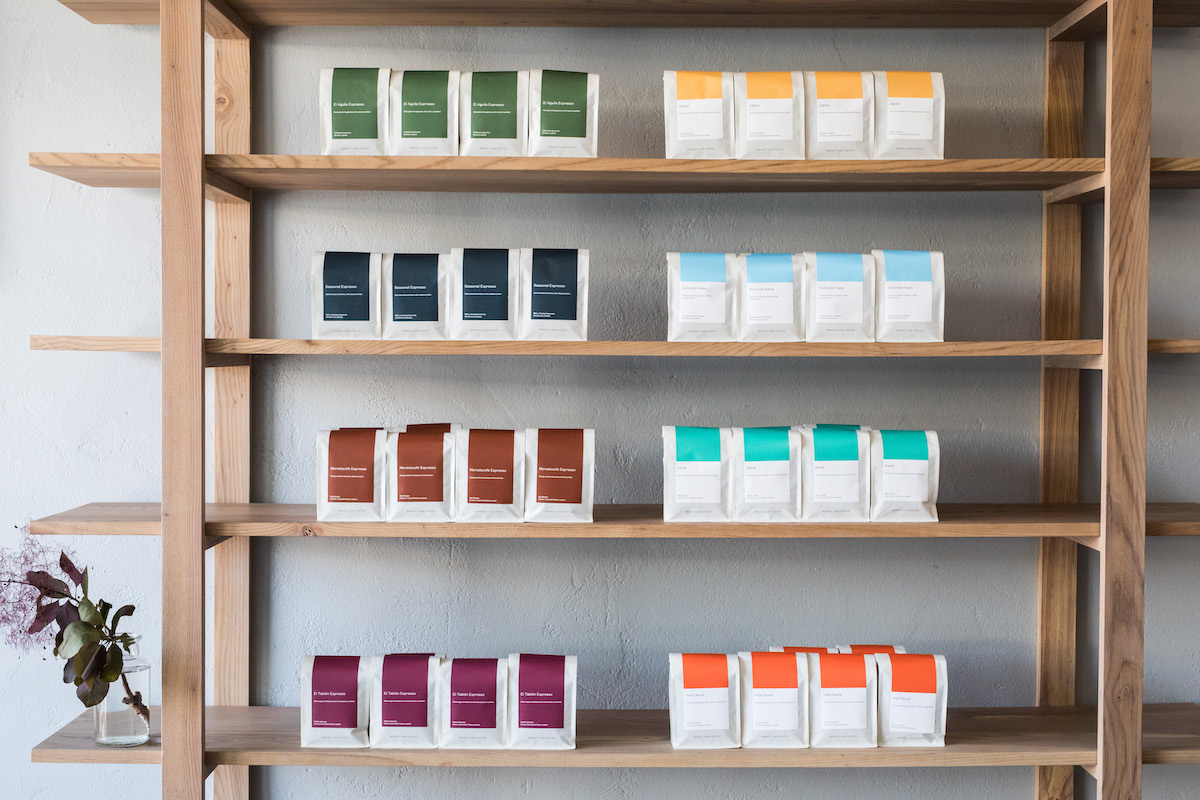
The hospitality business has continued to focus on doing one thing and doing it exceptionally well – sustainably source, roast and share excellent coffee. “We’ve never compromised on that,” Fleur tells The CEO Magazine.
“From the outset, we have been committed to quality, transparency, sustainability and using business for good,” she states. “These principles have a real impact on the way we buy coffee, the people we work with and how we run our business.”
The principles on which the business was built are also behind its success and survival.
“I hope as we come out the other side of COVID that we can come together as an industry and find a way to make the supply chain more transparent and accountable so that everyone along that supply chain can prosper.” – Fleur Studd
Not being able to come into the office as usual – due to Melbourne’s two lockdowns – helped Fleur realise that good leadership sometimes involves doing less, setting the right conditions and then getting out of the way.
“A team needs to feel empowered, supported and trusted,” she notes. “They need to feel aligned with the values and vision of the business. And then they will thrive.
“Having some distance this year has also allowed me to work more ‘on’ the business rather than ‘in’ the business. This has been incredibly rewarding and valuable, and has enabled me to get more perspective and space to think, reflect and, of course, to plan ahead.”
Market Lane Coffee and its story
Igniting change
From the beginning, Market Lane Coffee has focused on igniting positive and lasting change in the coffee industry, and reinventing what coffee is and can be.
“Alongside others in the specialty coffee industry, we have helped to pioneer a new way of thinking about coffee and appreciating it,” Fleur says.
“In doing so, we have redefined what coffee is to many Melburnian and Australian consumers, who have started to appreciate coffee as a differentiated beverage, rather than just a commodity.”
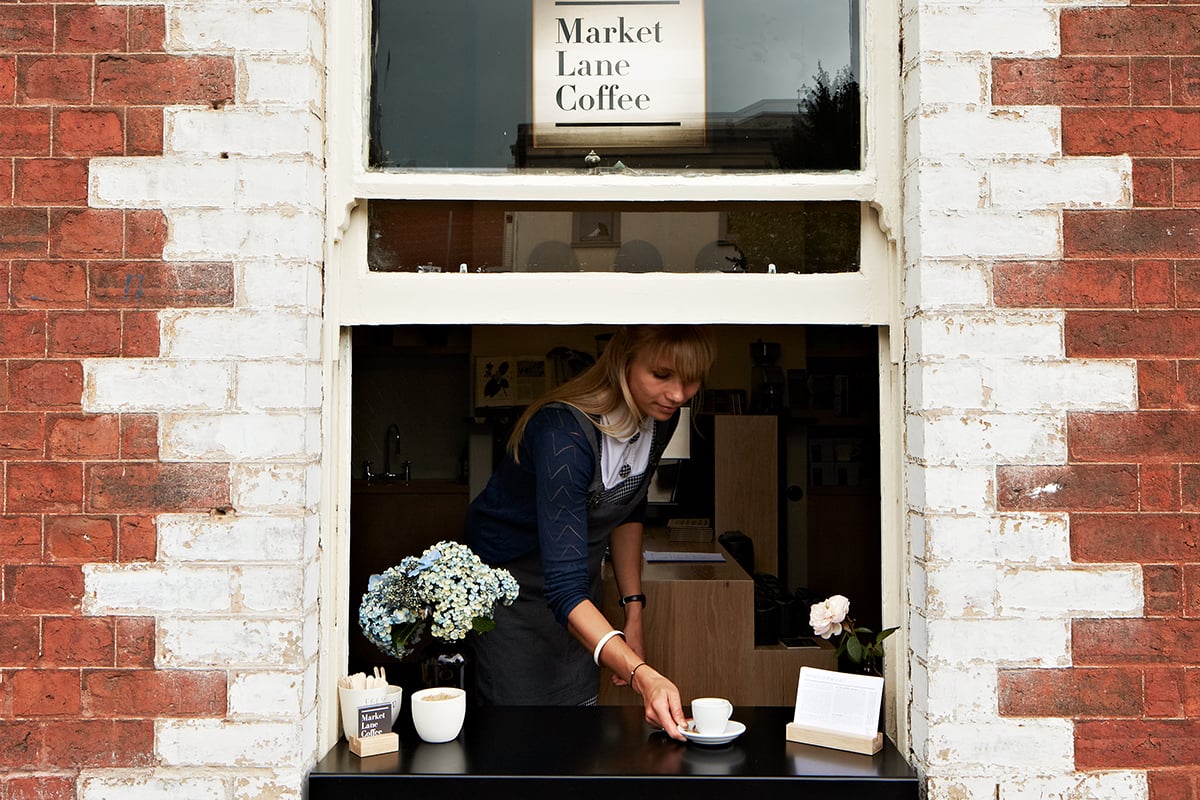
Market Lane Coffee has influenced change by focusing on transparency and sharing as much information about every coffee as possible – via its website and social media, packaging, and on custom-made postcards provided with the coffees instore.
“We also put much thought into the design of our shops, making our retail bean areas and filter-brewing stations prominent within each space to encourage customer engagement and enquiry,” Fleur explains.
To drive demand for traceable and sustainably sourced coffee, Market Lane has invested heavily in its education resources. The company offers coffee education classes, hosts informative events, runs free public cuppings and organises extensive training for all team members.
“A team needs to feel empowered, supported and trusted. They need to feel aligned with the values and vision of the business. And then they will thrive.”
“Many of our initial ‘innovations’ and the creative ways we’ve engaged our audience may not seem that innovative anymore,” Fleur adds.
“The coffee industry has changed so much in the past decade, and many of the things we do have been emulated by new entrants into the market – both micro-roasters and larger scale, more traditional roasters, who have taken notice and changed the way they buy and market their coffee.”
Fleur believes that the rise in coffee players is overwhelmingly positive for both the consumer, who now has access to a differentiated and exciting coffee offering, and the producer, who is being paid higher premiums for quality coffees, which enables them to build a sustainable future in coffee for themselves, their families and their communities.
Motivation and inspiration
Reading, travelling and working with curious people who share similar values and are community-minded are things that keep Fleur inspired. “I am always motivated to represent the producers we work with as best we can,” she notes.
“There are incredible people and communities behind each of our coffees, and we want to share their stories and get customers as excited about these beautiful coffees as we are.”
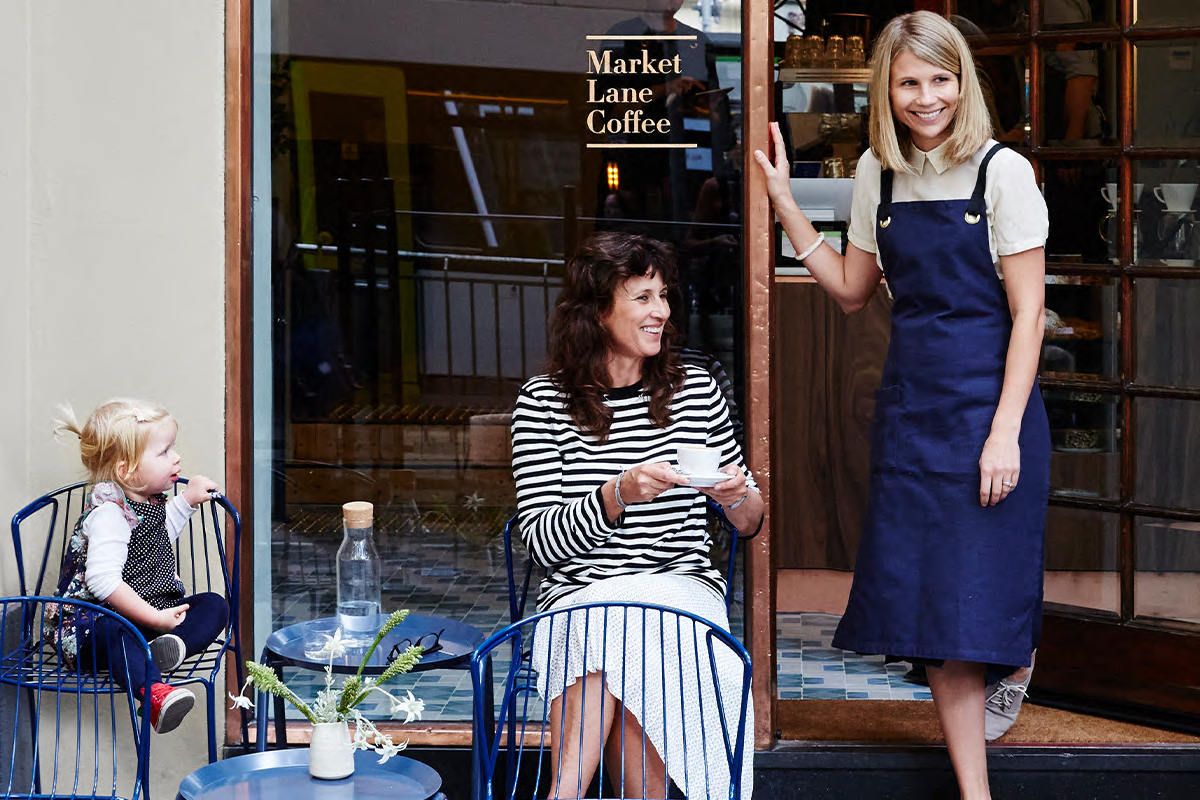
Fleur says a personal favourite is when a customer walks into a Market Lane Coffee shop and recognises the name of a coffee producer from the last time they drank that coffee.
“That’s when I know we’ve done a good job,” she relays.
Growth of Melbourne’s coffee sector
In the past five years, Melbourne’s specialty coffee industry has become more crowded and competitive. As a result, many roasters that rely on wholesaling their roasted coffee are competing on price.
“This has a devastating knock-on effect for the producer, as many buyers are more price-driven in their purchasing decisions and are seeking out more commercial lots as a result,” Fleur relays. And then COVID happened.
“Thankfully, many of our local friends in specialty coffee are OK and have been able to trade through this challenging period, serving takeaway only and extending their online offering,” she explains.
While some outlets in the suburbs have grown, others based in the city centre have had an extremely challenging period.
“I hope as we come out the other side of COVID that we can come together as an industry and find a way to make the supply chain more transparent and accountable so that everyone along that supply chain can prosper.”
Advice for small business owners
Fleur suggests that business owners should think about what is important to them, what elements they would not compromise on, what they want their business to be (and not be), and why.
“Clarifying this for yourself will make all your decision-making much easier,” she says.
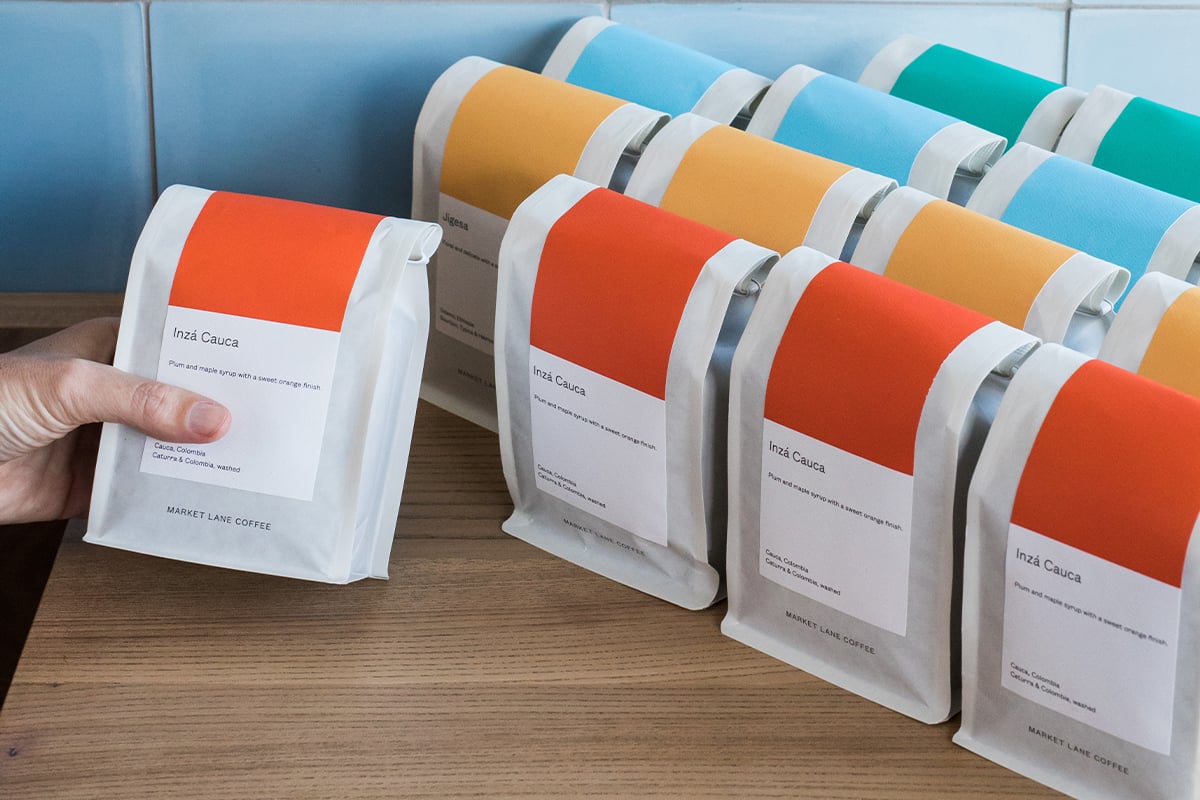
Future of Market Lane
Market Lane’s vision for the coffee sector is one of possibility, experimentation and bravery.
The company’s endeavour to better the industry and challenge customer perception – it recently installed the city’s first coffee-bean vending machine outside its Brunswick East HQ stocked with beans and filter papers – has undoubtedly shifted the meaning of the morning brew.
“We want to use our business for good,” Fleur says. “To have a positive and lasting impact on the coffee industry and the communities that we are connected to, both locally and overseas – through our cafes and team, education, the way we buy coffee, our relationships at origin, and through our environmental practices.”
Feature image: Kristopher Paulsen


